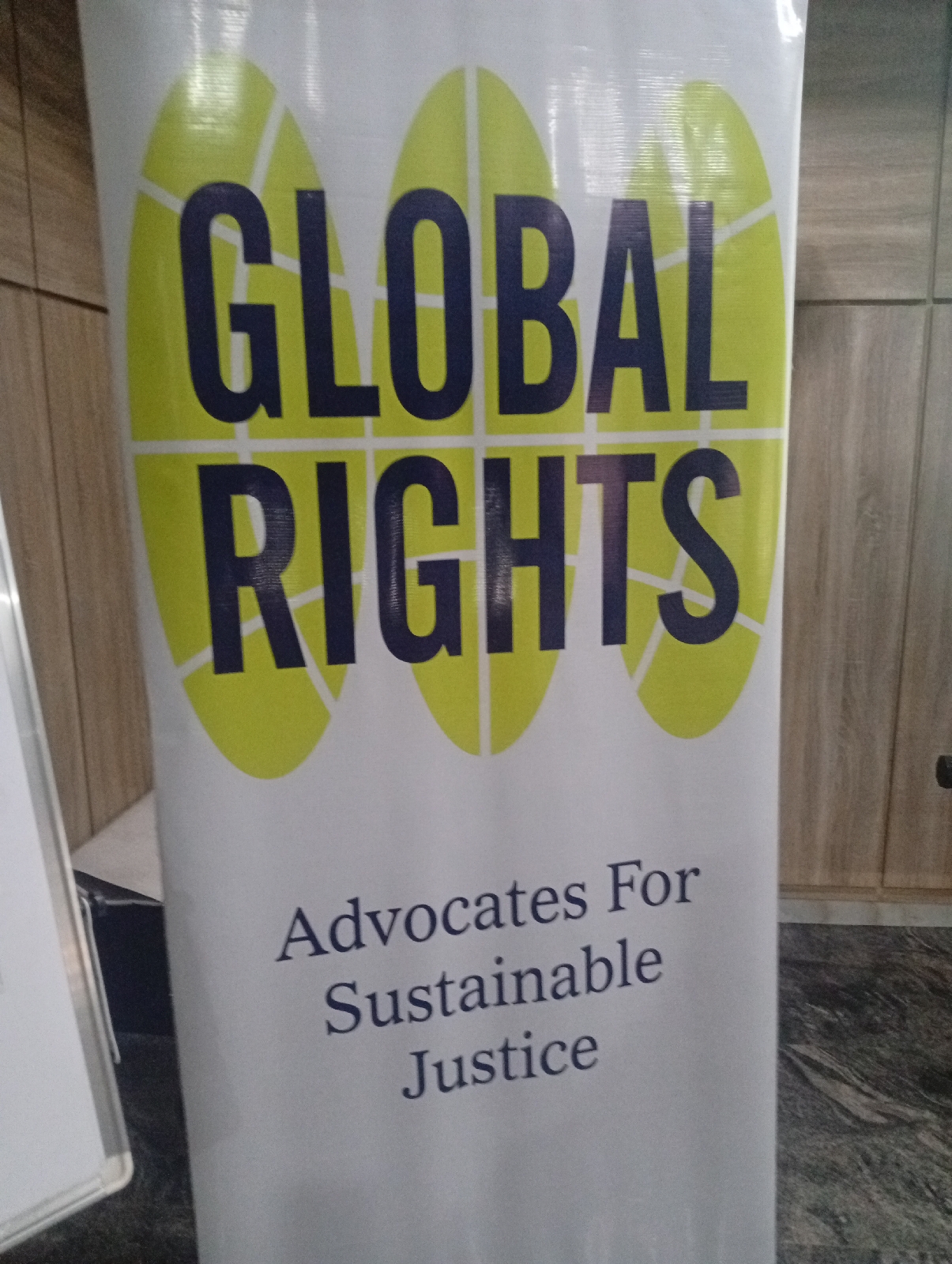By Victor Nwegede.
Global Rights in partnership with the Community of Practice on Civic Space Strengthening with support from the European Union (EU) Delegation to Nigeria and Economic Community of West African States, ECOWAS has organized a two-day capacity-building workshop in Ebonyi State, to strengthen the regulatory compliance of Non-Governmental Organizations (NGOs) and Civil Society Organizations (CSOs). The event, held at Meritona Hotels and Suites, Abakaliki brought together key stakeholders in the civic space to address pressing challenges of compliance and accountability, aiming to bolster the role of civil society in promoting sustainable justice.
Speaking during the workshop, Damilola Decker, the Program Officer on Civic Space Strengthening at Global Rights underscored the urgent need for compliance as a prerequisite for NGOs’ impact and legitimacy. “Our research shows that the inability of many non-profits in Nigeria to meet compliance standards significantly hinders their impact. When NGOs are non-compliant, not only are they unable to operate effectively, but they also risk being silenced when they challenge government inefficiency and corruption," Decker said.
He stressed that the gap in knowledge about legal frameworks such as the Companies and Allied Matters Act (CAMA) often leaves organizations vulnerable. “Many CSOs are unaware of the regulatory obligations they must meet. Our training bridges this gap, empowering them to be compliant and thus more effective in advocating for human rights and good governance,” Decker explained.
Professor Adekunle Adedeji, SAN, a facilitator at the training, elaborated on the legal obligations of NGOs under Nigerian law. “NGOs must comply with taxation, anti-money laundering laws, and maintain accurate records. While grants and donations are not taxable, any income generated from business activities must be reported and taxed accordingly. Compliance is not optional; it’s essential to maintain credibility and ensure sustainability," Adedeji stated.
Participants, including Ajah Chima Oliver, Executive Director of the Development and Integrated Intervention Group (DIG Foundation), praised the initiative. Ajah shared a personal account of how regulatory challenges were swiftly addressed during the training. “One of our compliance issues was resolved right in the workshop hall, thanks to the EFCC officer’s intervention,” he said. He urged other CSOs to take compliance seriously, noting that credible NGOs are better positioned to secure international funding.
The workshop also highlighted the principle of inclusion as a cornerstone of democracy. A policy brief presented during the event noted that systemic barriers often exclude marginalized groups—such as youth, the elderly, and internally displaced persons (IDPs)—from civic processes. Global Rights called for inclusive practices that strengthen democratic representation and societal development.
In a climate where many CSOs face dwindling donor support and questions around credibility, the training emphasized the importance of transparency and accountability. Participants were advised to prepare annual reports and engage professional auditors to review their financial practices, aligning with the regulatory standards of the CAC Act of 2020.
As Nigeria navigates complex development and governance challenges, Global Rights’ training aims to foster a robust community of practice. “We want these NGOs to not only survive but thrive, sustaining their work through mutual learning and compliance. By strengthening these organizations, we ultimately strengthen Nigeria’s democracy," Decker said.














